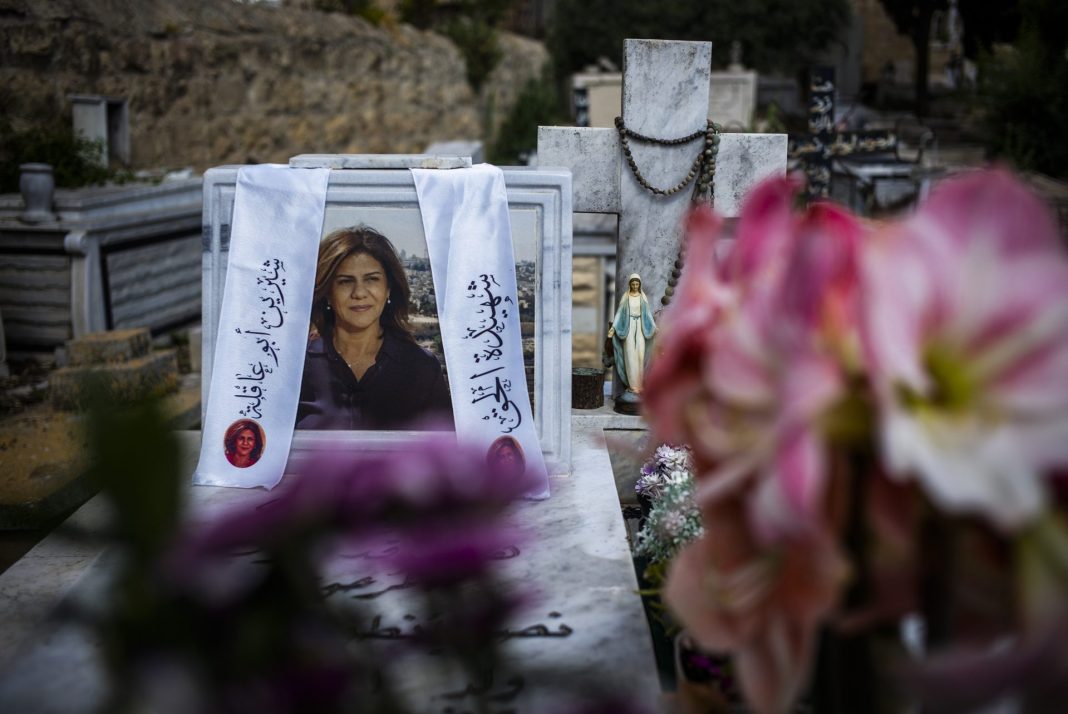Abu Akleh, an experienced and highly respected Al Jazeera journalist, was shot while covering an early morning raid by Israeli forces in the city of Jenin in May 2022.
Navi Pillay, chair of the UN Independent International Commission of Inquiry on the Occupied Palestinian Territory, including East Jerusalem, and Israel, said that an investigation had concluded Israeli security forces “used lethal force without justification under international human rights law, and intentionally or recklessly violated Shireen Abu Akleh’s right to life”.
Following forensic analysis and expert testimony, the commission believed the fatal shot was likely fired by a solider belonging to the Israel Defense Forces’ Duvdevan unit, she stated
“We didn’t name the commander, but we have that information,” she added.
In May, the IDF apologized for Abu Akleh’s death, after conceding last year there was a “high possibility” she was shot by an Israeli soldier.
Pillay said the commission’s investigation had observed an increase in operations by Israeli forces targeting armed Palestinian groups in the occupied West Bank, with some operations “appearing to involve the use of unnecessary and disproportionate force”.
She also added Israel treated large raids as military rather than law enforcement operations, “resulting in the application of far more permissible rules of engagement in violation of international law”.
Israel insists it is targeting “terrorist groups” in the West Bank that have carried out, or are planning to carry out, attacks on Israelis, and claims it always acts within international law.
